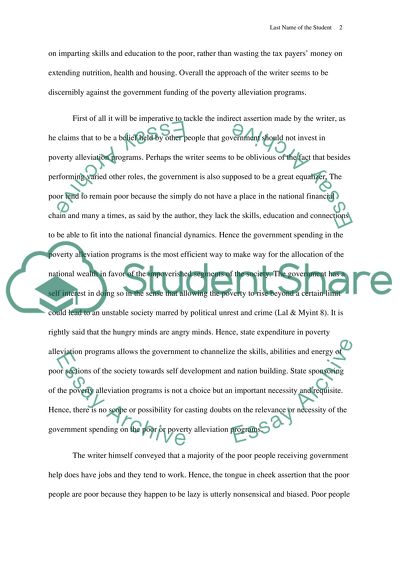Cite this document
(“Summary of the Article - Government and Poverty Research Paper”, n.d.)
Summary of the Article - Government and Poverty Research Paper. Retrieved from https://studentshare.org/journalism-communication/1454464-poverty-in-the-us
Summary of the Article - Government and Poverty Research Paper. Retrieved from https://studentshare.org/journalism-communication/1454464-poverty-in-the-us
(Summary of the Article - Government and Poverty Research Paper)
Summary of the Article - Government and Poverty Research Paper. https://studentshare.org/journalism-communication/1454464-poverty-in-the-us.
Summary of the Article - Government and Poverty Research Paper. https://studentshare.org/journalism-communication/1454464-poverty-in-the-us.
“Summary of the Article - Government and Poverty Research Paper”, n.d. https://studentshare.org/journalism-communication/1454464-poverty-in-the-us.


